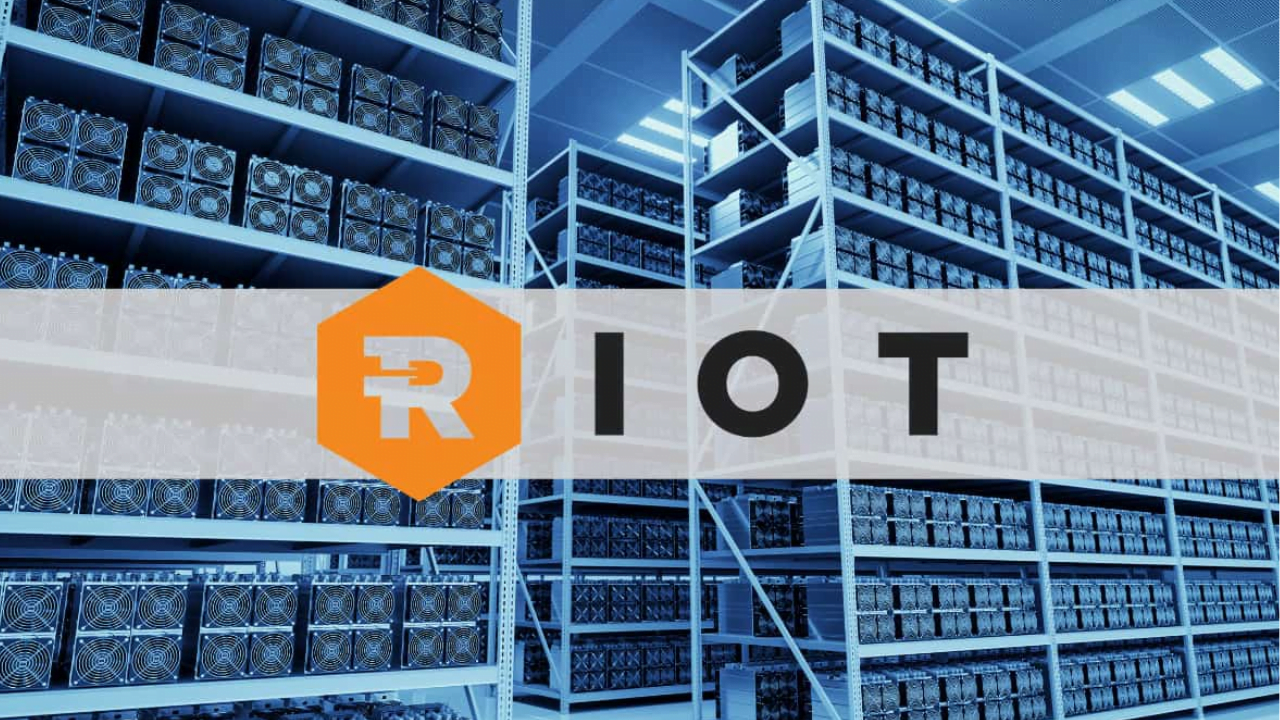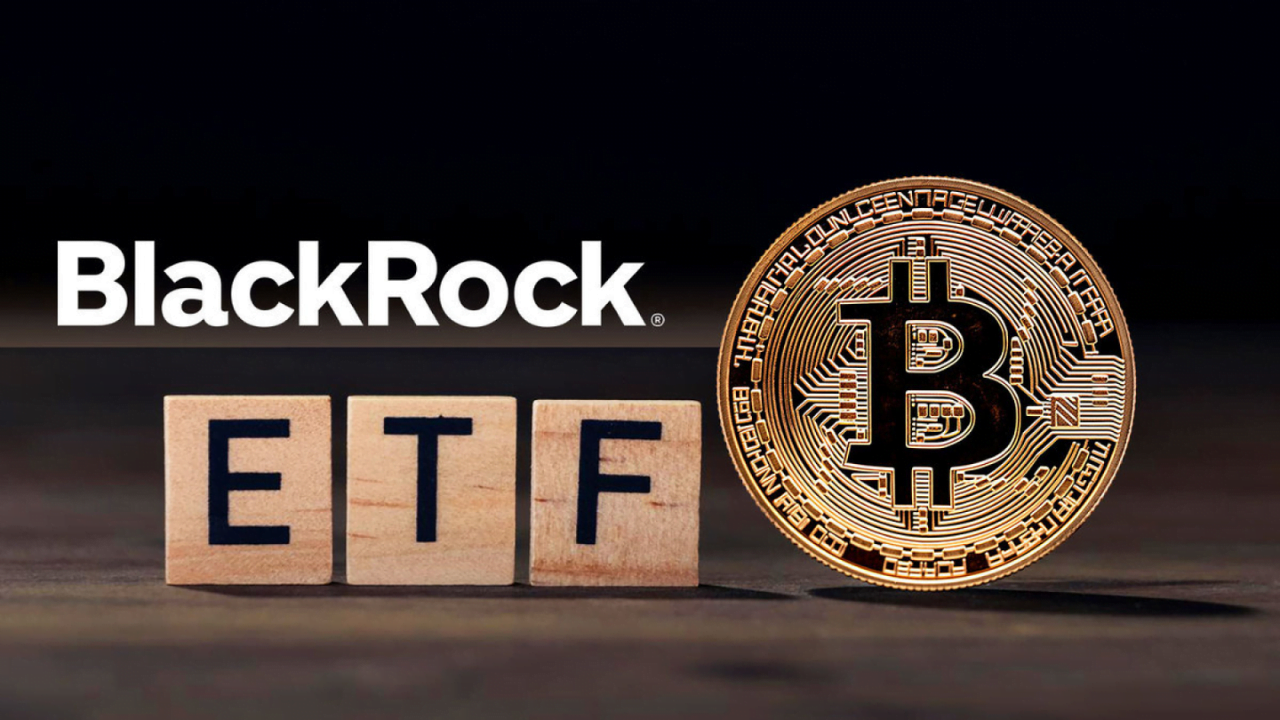India’s Finance Minister, Nirmala Sitharaman, has stated categorically that the country is in no way near a recession, adding that the relevant government agencies are working to push retail inflation below 7%.
In a recent debate following demand from opposition parties on tackling the price rise, the finance minister stated that the government had explored several options to drive down raw materials prices as it works assiduously to reduce inflation of basic food items.
According to her, “there are no indications that India is sliding into recession or stagflation, despite the U.S. entering what analysts call a technical recession. Even though financial watchdogs such as the International Monetary Fund (IMF) and the World Bank have adjusted the country’s growth outlook, India has always emerged as the fastest growing economy.”
The case for a stronger Indian economy
After Raghuram Rajan's comment on India's economy, BJP reacts: 'Even critics…have
— SuryaVeer 🇮🇳 (@Veer09Rudra) July 31, 2022
acknowledged tht Indian economy is not only on track but is also running at a fast pace. While the world is battling inflation n other headwinds, Indian economy is strong.https://t.co/JzUB1yfDua
Speaking further, Nirmala Sitharaman added that a recent Bloomberg survey showed that there is zero possibility of the country sliding into depression. Despite being impacted by the Covid-19 pandemic, India has performed better than many countries because of the steps taken by the government in collaboration with all relevant agencies, including the Reserve Bank of India.
Reiterating her point, Sitharaman added that while nearly 4,000 Chinese banks are on the verge of bankruptcy, India commercial banks are in a better position with no chances of bankruptcy despite their gross non-performing assets’ decline to a six-year low of 5.9%. Although most economies are reporting the triple-digit debt to GDP ratios, India has managed to keep its debt to GDP ratios to two-digit.
For instance, India’s debt to GDP ratio dropped 56.26% in FY22. This is quite below the expected estimate of 59.9%. Similarly, the IMF has pegged India’s general government debt at 86.9%, which is better than most countries.
With the current realities on the ground, the finance minister is optimistic that the country’s economy is healthy, adding that the GST collection for July, which came in at Rs 1.49 trillion, is the second highest the country has seen so far.








